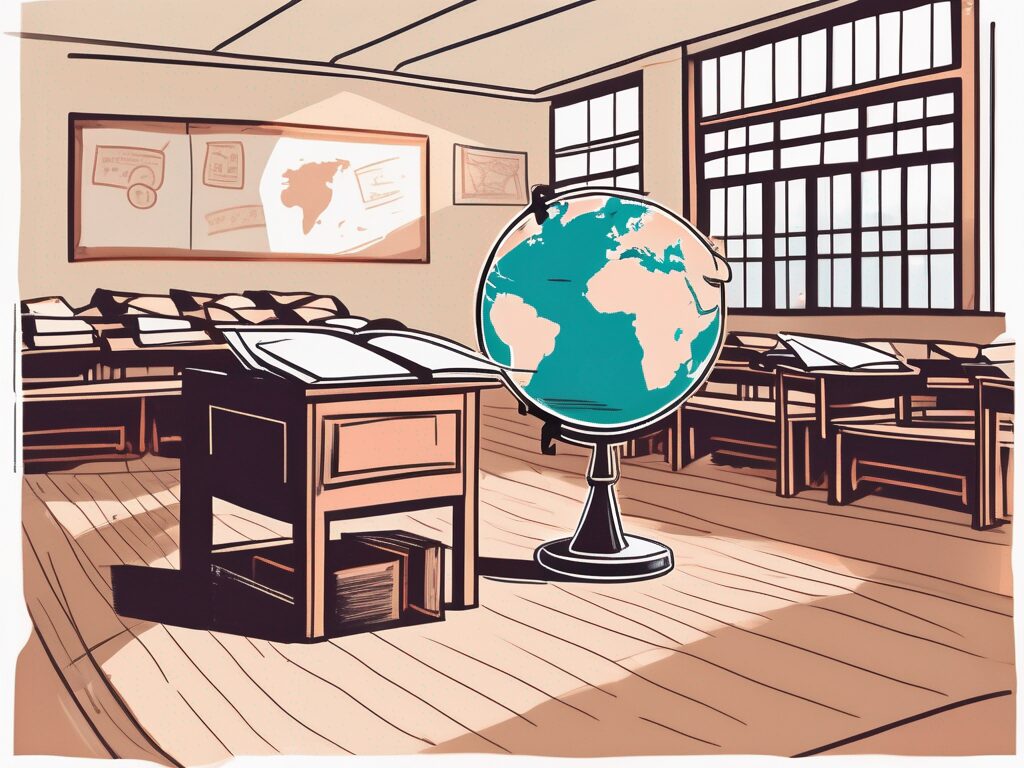Top Money-Saving Tips for Teaching in Vietnam 2025
Embarking on an international teaching career presents a unique opportunity for personal and professional growth. Vietnam, recognized for its rich cultural heritage and dynamic educational landscape, has emerged as a favored destination for educators worldwide. However, navigating the financial aspects of living and working abroad necessitates a strategic approach. This guide aims to provide essential insights and actionable strategies for international teachers seeking to optimize their financial resources while teaching in Vietnam.
Analyzing the Cost of Living in Vietnam
Understanding the cost of living is paramount for international educators. Vietnam generally offers a lower cost of living compared to many Western nations; however, expenses can vary significantly based on geographic location and lifestyle choices.
- Urban vs. Rural Living: Major cities such as Hanoi and Ho Chi Minh City typically present higher living costs compared to smaller towns or rural areas.
- Lifestyle Choices: Adopting a local lifestyle can lead to substantial savings compared to maintaining a Westernized standard of living.
Housing Considerations
Identifying Cost-Effective Accommodation
Housing represents one of the most significant expenditures for international teachers. To mitigate these costs, consider the following strategies:
- Shared Living Arrangements: Collaborating with fellow educators or expatriates to share housing can significantly reduce rental and utility expenses.
- Local Housing Options: Opting for traditional Vietnamese housing can provide a more economical alternative to Western-style apartments, albeit with fewer modern amenities.
Strategic Location Selection
The choice of residence can profoundly influence overall living costs. While urban centers offer greater employment opportunities and amenities, they also come with higher expenses. Conversely, rural areas may provide lower costs but could lack certain conveniences.
It is advisable to seek a balance that aligns with both lifestyle preferences and financial constraints. For instance, residing slightly outside the city center may yield significant savings while maintaining access to urban amenities.
Transportation Efficiency
Utilizing Local Transportation
Transportation costs in Vietnam can be managed effectively by utilizing local options. Consider the following:
- Motorbike Ownership: Acquiring a second-hand motorbike can be a cost-efficient means of transportation.
- Public Transit: Buses offer an economical way to navigate urban areas, covering extensive routes at minimal costs.
- Ride-Hailing Services: While convenient, services like Grab can be more expensive, particularly during peak hours.
Promoting Active Transportation
For those residing near their workplace, walking or cycling can serve as both a cost-saving measure and a means to enhance personal well-being. This approach not only eliminates transportation costs but also contributes positively to physical health and environmental sustainability.
Culinary Savings
Embracing Local Cuisine
Food expenses can be significantly reduced by adopting local dining habits. The following strategies are recommended:
- Street Food: Vietnamese street food offers a diverse array of affordable and delicious options, with meals often costing just a few dollars.
- Home Cooking: Purchasing fresh ingredients from local markets and preparing meals at home can be both economical and culturally enriching.
Minimizing Western Food Consumption
While Western cuisine may be appealing, it often comes at a premium. Limiting these indulgences to occasional treats can help maintain a balanced budget while enhancing the cultural experience of living in Vietnam.
Leisure and Entertainment
Engaging in Cost-Effective Activities
Vietnam offers a plethora of free or low-cost recreational activities. Consider the following options:
- Exploration of Local Attractions: Visiting markets, parks, temples, and museums can provide enriching experiences without significant financial outlay.
- Community Involvement: Joining local clubs or groups can facilitate social connections and provide access to affordable activities.
Curbing Nightlife Expenses
While Vietnam’s nightlife is vibrant, it can also be financially taxing. To manage expenses, consider alternative social activities such as picnics, movie nights, or potluck dinners, which can foster community engagement at a lower cost.
Conclusion
Implementing effective financial strategies while teaching in Vietnam is achievable through informed decision-making and prudent lifestyle choices. By comprehensively understanding the cost of living, securing affordable housing, utilizing local transportation, embracing local cuisine, and engaging in budget-friendly leisure activities, international educators can maximize their experience without compromising financial stability.
Ultimately, the goal is to strike a balance between enjoying the local culture and maintaining financial health. Teaching in Vietnam offers not only a professional opportunity but also a chance to immerse oneself in a rich and diverse cultural landscape.
Enhance Your International Teaching Career with IPGCE
Are you ready to elevate your teaching qualifications and explore new opportunities in Vietnam and beyond? Join the UK’s leading Teacher Training Course with IPGCE. Our program is meticulously designed to assist educators in overcoming common barriers to international teaching roles. With the iPGCE, you will experience enhanced interview prospects, promotion rates, and salary potential. Additionally, you will become part of a global network of professionals, gain insights into international curricula, and benefit from the flexibility of online study. Do not let insufficient credentials hinder your career. Join our community of successful educators and embark on your journey toward a fulfilling international teaching career today.

